Realizing the importance of overcoming language barriers and helping people understand each other
Waseda Weekly Reporter (SJC Student Staff)
Rinka Nishimura, 2nd year School of Human Sciences
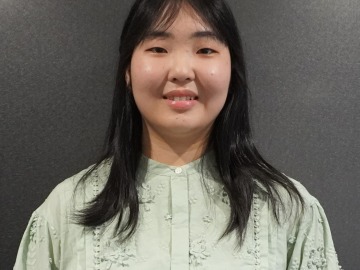
Have you heard of the study abroad program called CAMPUS Asia? It is a joint initiative between Japan, China, South Korea, and Singapore to develop human resources who will lead the future development of the East Asian region. Currently in its third term, the program has teamed up with Waseda University, Peking University (China), Korea University (South Korea), and Nanyang Technological University (Singapore) to "develop social innovators who can solve various social problems that exist both locally and around the world."
On April 12, 2024, to commemorate the publication of "New Learning in International Relations," which introduced the Campus Asia initiative, a seminar called "Campus Asia: Learning Across Borders" was held on Waseda Campus. Although I have no plans to study abroad for a long period of time, I decided to participate because I wanted to know what studying abroad is like. At the seminar, students from various faculties, regardless of year or nationality, gathered together, and it was an opportunity to learn about learning and practice across borders.
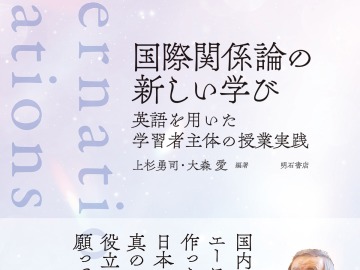
"New Learning in International Relations" edited by Yuji Uesugi and Ai Omori (Akashi Shoten)
The ideas born in class have come to fruition!
"New Learning in International Relations" introduces classes and initiatives that encourage each student to develop diverse ways of thinking, discover problems and find answers on their own. The seminar featured four professors who specialize in international fields and who worked hard to publish the book. Professor Uesugi Yuji (Faculty of International Research and Education), one of the authors, moderated the event, and Professor Sugimura Miki (Sophia University, School of Human Sciences) spoke about trends in international higher education, while Associate Professor (Faculty of Social Sciences) spoke about the efforts of CAMPUS Asia.
Left: Professor Miki Sugimura (left) and Professor Yuji Uesugi (right)
Photo on the right: Associate Professor Yoshiko Koyama
Learning at CAMPUS Asia involves interacting with students from the same Asian university, thinking about solutions to the problems we face today without being limited by existing textbooks or manuals, and taking action. Listening to the professors' talks, I realized that this is an opportunity that is hard to come by.
During the lecture, it was introduced how a proposal made in class was realized through Campus Asia-related subjects. Did you know that a new water server was installed in Building No. 14 on Waseda Campus this spring? In fact, the installation of this water server was realized because a student discovered issues in class, such as high use of plastic bottles and a lack of facilities where water could be drunk, and came up with a solution after hearing from other universities and conducting a needs survey of Waseda students, and then proposed the solution to the university. During the class, the students apparently obtained estimates for the installation from several companies and also calculated the running costs.
Even if the problem you discover seems small, working to solve it may eventually lead to solving a global problem. I learned that it is important to value a local perspective and to look at problems close to home first.
Photo on the left: Students actively exchange opinions in a Campus Asia-related course
Photo on the right: One of two water servers to be installed in Building No. 14 in spring 2024. After receiving a suggestion from a student, the university decided to install the servers after reconsidering the cost-effectiveness.
Learning at Campus Asia
At the end of the seminar, a panel discussion was held, featuring the professors who had spoken, Professor Naoyuki Umemori (Faculty of Political Science and Economics), who is involved in the operation of CAMPUS Asia, and alumni Megumi Kiriha, who participated in the second term of CAMPUS Asia.
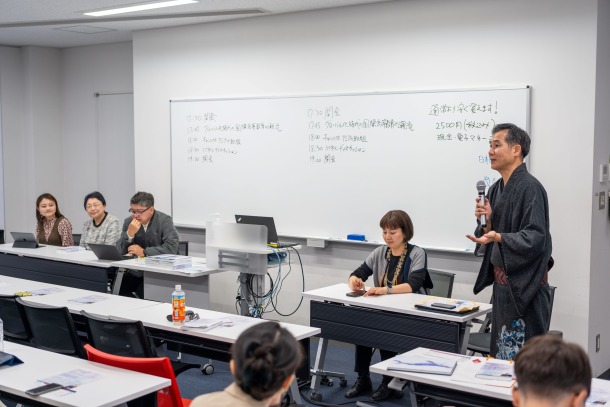
Panel discussion at the seminar. (From left) Ms. Megumi Kiriba, Professor Miki Sugimura, Professor Naoyuki Umemori, Associate Professor Yoshiko Koyama, and Professor Yuji Uesugi
Although the activities at CAMPUS Asia are generally conducted in English, they were surprised to hear that by using a language that is not each other's native language, they are able to talk on an equal footing and naturally develop an attitude of listening carefully to what the other person has to say, and that "good English is understood English." Kiriha actually talked about how, through programs such as theater at CAMPUS Asia, she was able to experience the moment when people understood each other by expressing themselves not only with words but also with their bodies, and she was able to experience obtaining first-hand information about each country. "English" is merely a means to an end, and what is important is not the pronunciation but the content. Rather than feeling anxious about your language skills, as long as you have a strong desire to communicate, the language barrier doesn't really matter.
It was also emphasized that a major challenge is maintaining and expanding participants' networks and activities even after they have completed their CAMPUS Asia activities.
A scene from the Social Innovation Forum held in Singapore in July 2023 as part of the Campus Asia program.
I am not considering long-term study abroad, and I am not an expert on international relations, but after participating in this seminar, I felt that CAMPUS Asia is a necessary program to improve the society in which we will live in the future. CAMPUS Asia allows you to experience moments of connection across borders, and offers learning that can be applied even after graduation. Why not be brave and take the plunge? In addition, "New Learning in International Relations" seems to introduce the behind-the-scenes of classes for global human resource development that were not covered in the seminar. If you are interested, why not pick up the book?

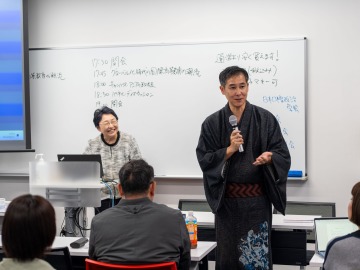
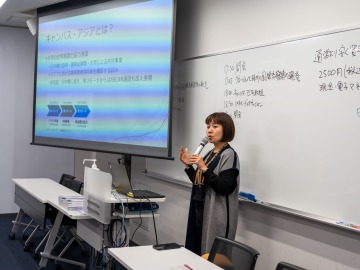
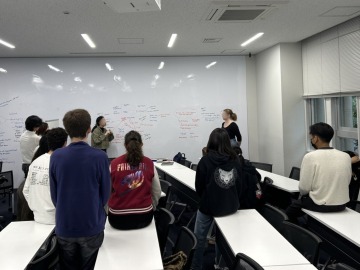
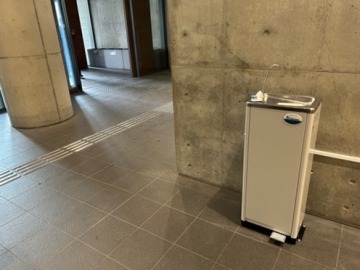
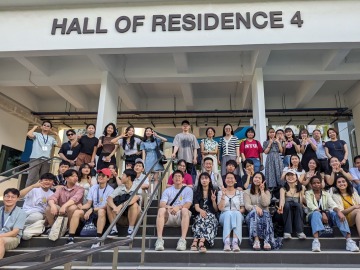
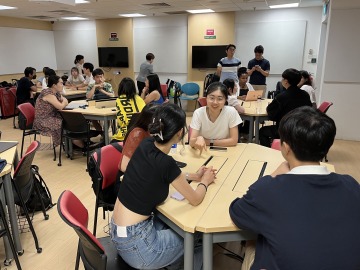
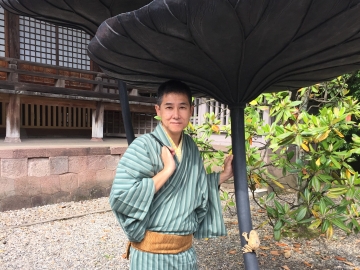

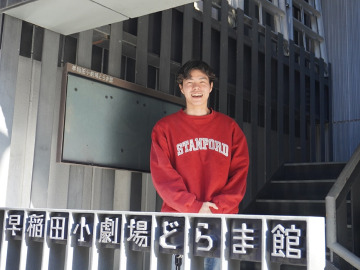
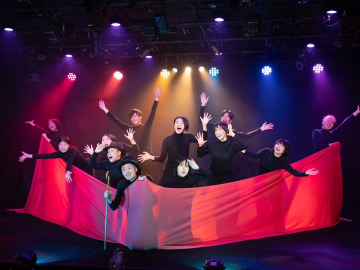

![[Save version] Map of the four main campuses](https://www.waseda.jp/inst/weekly/assets/uploads/2025/09/17cb2975123fc5103172ef60bd98608d-610x458.jpg)

